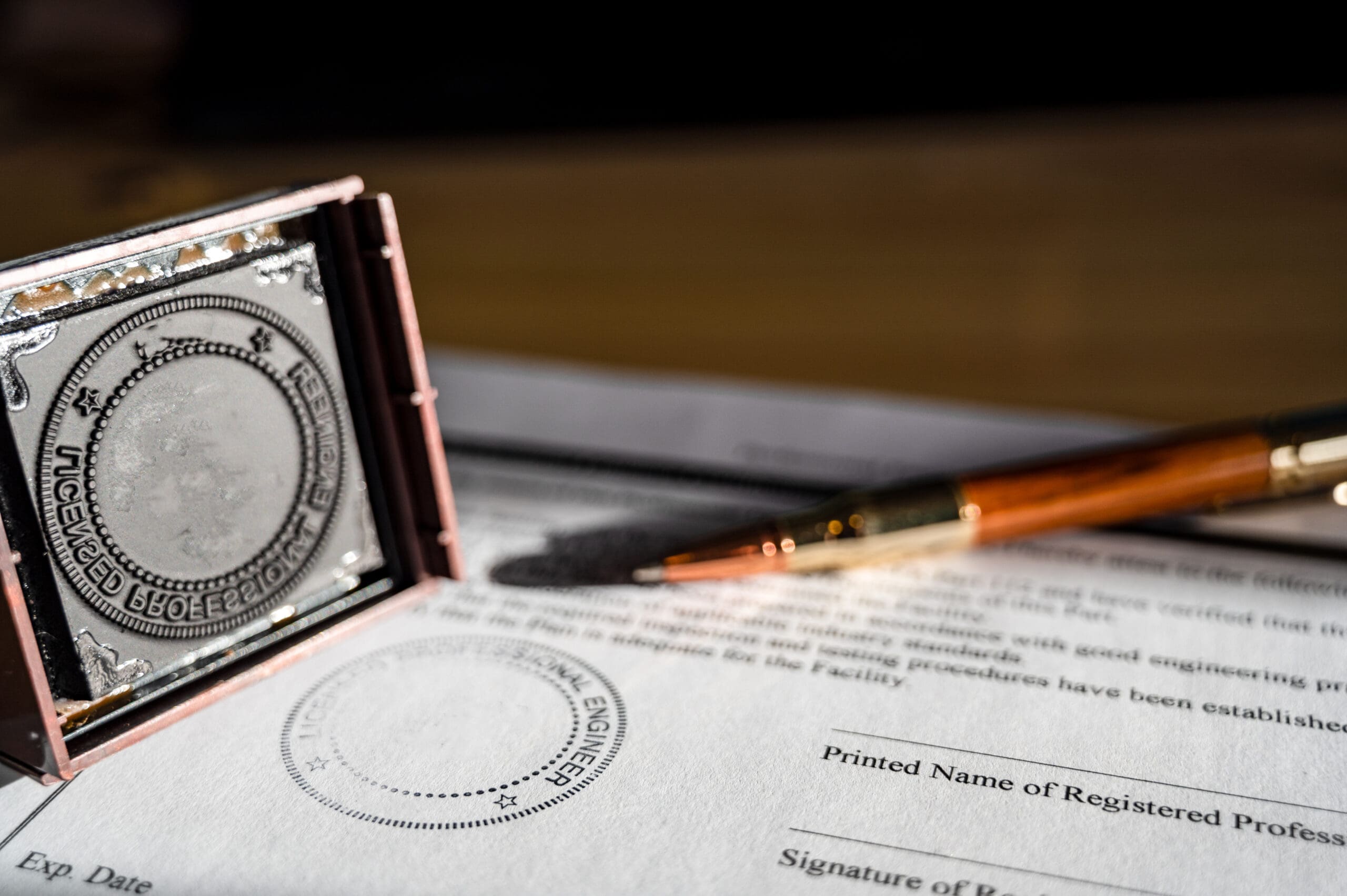If you want to know how expunged criminal records affect professional licensing and whether licensing boards can access these records, this article is for you. We’ll examine what professional licensing boards do, what expunged criminal records mean, and the laws around expungement.
We’ll also cover the requirements for expungement, the types of crimes that can be expunged, and how having an expunged record affects your professional license. Keep reading to learn how to protect your professional license if you have an expunged criminal record.
What Are Professional Licensing Boards?
Professional licensing boards are agencies that issue, maintain, and enforce licenses for various professions, ensuring practitioners meet the standards of competency and ethics set by state laws and licensing agencies.
What Is an Expunged Criminal Record?
An expunged criminal record is when a person’s criminal record is sealed or erased, taking it out of public view and allowing them to say they have no criminal history legally. This can greatly improve job prospects by removing barriers related to past convictions and giving a sense of dignity and freedom.
The expungement process varies by jurisdiction and depends on the type and severity of the offense. It can also affect eligibility for professional licenses, allowing individuals to pursue careers previously restricted by their criminal background.
Understanding Expungement Laws, Requirements, and Eligible Crimes
Expungement laws vary widely by state, with its criteria and processes for record sealing and expungement. Generally, to qualify for expungement, individuals must complete their sentence, pay fines or restitution, and avoid further legal trouble.
Requirements and processes differ across states; some may require a waiting period after sentence completion or a court hearing. Seeking legal counsel is important to navigate these complexities. The types of crimes eligible for expungement typically include misdemeanors and some nonviolent felonies, while serious offenses like violent crimes and sexual offenses are usually ineligible.
Each state has specific criteria and exceptions, with minor, nonviolent offenses often prioritized for expungement.
Can Licensing Boards Access Expunged Criminal Records, and Are There Exceptions?
While expungement typically removes criminal records from public view, some professional licensing boards may still access these records depending on state laws and specific regulations. Exceptions occur when state laws or board regulations require disclosing all criminal history, including expunged convictions.
For instance, Massachusetts’ Board of Registration in Medicine and California’s Board of Registered Nursing are legally required to review expunged records when evaluating license applications. These exceptions show that licensing boards can legally access expunged criminal records in certain jurisdictions.
Implications of Expunged Criminal Records on Professional Licensing
An expunged criminal record can impact professional licensing, affecting decisions on granting or renewing licenses and influencing career opportunities in regulated fields. Some licensing boards review applicants’ backgrounds, including deleted records, considering the severity of the offense, the time since the conviction, and the profession.
This helps boards decide on applicants’ suitability for professions requiring high trust, like healthcare, education, and finance. Expunged records can also affect current licenses if boards require notification of any prior criminal history, possibly leading to disciplinary actions or revocation.
What Should You Do If You Have an Expunged Criminal Record and Are Applying for a Professional License?
If you have an expunged criminal record and are applying for a professional license, it’s important to understand the licensing board’s requirements and be ready to discuss your expunged history. Review the board’s guidelines on disclosing criminal history and gather documents like court orders and legal paperwork related to your expungement. Being open about your past and showing rehabilitation efforts can positively impact the board’s decision.
What Steps Can You Take to Protect Your Professional License?
To protect your professional license, especially if you have an expunged criminal record, take steps like being honest about your history, providing evidence of rehabilitation, and seeking legal counsel. Honesty shows integrity and transparency, which help build trust with licensing boards. Providing evidence of rehabilitation, such as completing programs or obtaining character references, demonstrates personal growth and commitment to change. Seeking legal counsel helps you understand and meet all licensing board requirements, guiding you through the process and improving your chances of a successful outcome.
